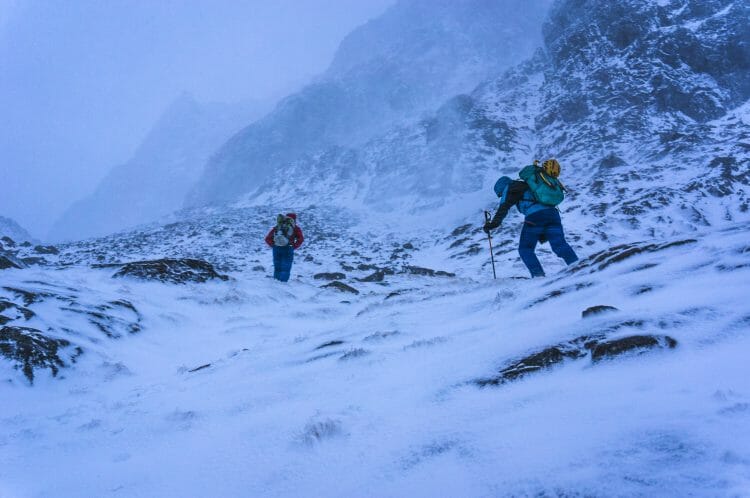Huntaddicted
FNG
To me, any work out coupled with some endurance training is going to be good. There is no substitute for actually hiking up mountains under load though...you can train your muscles to be strong, and train your lungs to process oxygen better, and have more capacity with Crossfit or other programs, but to me and with what I have read about cross fit, the odds of getting injured through preparation has kept me away from it.
I work out all year long and one of the biggest things is getting my mountain feet under me. Combination of weights, elliptical, treadmill and actual hiking. Works for me.
That first day side hilling for 6 hours always wakes up the muscles I could not train
I work out all year long and one of the biggest things is getting my mountain feet under me. Combination of weights, elliptical, treadmill and actual hiking. Works for me.
That first day side hilling for 6 hours always wakes up the muscles I could not train

